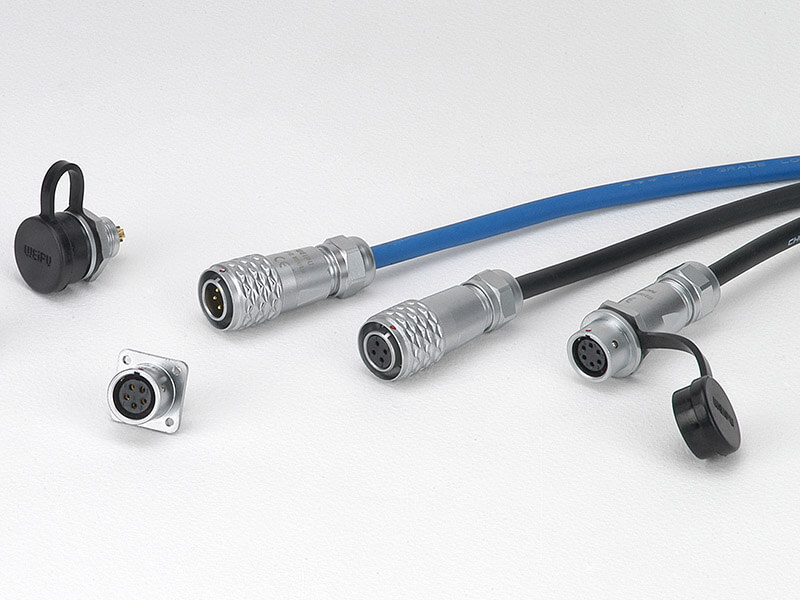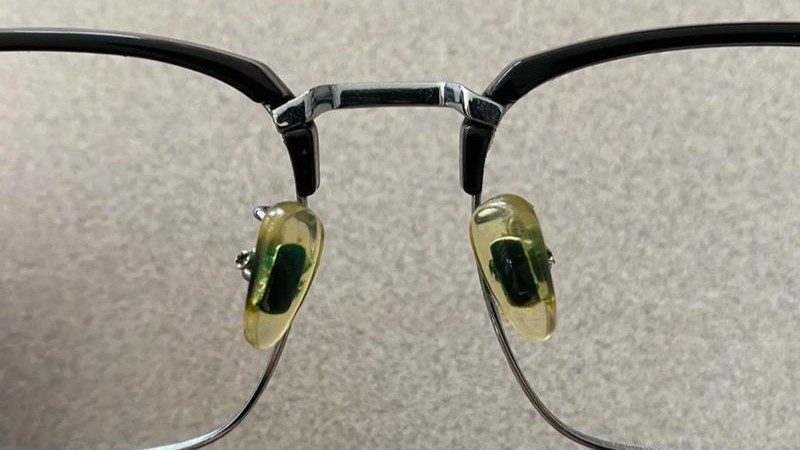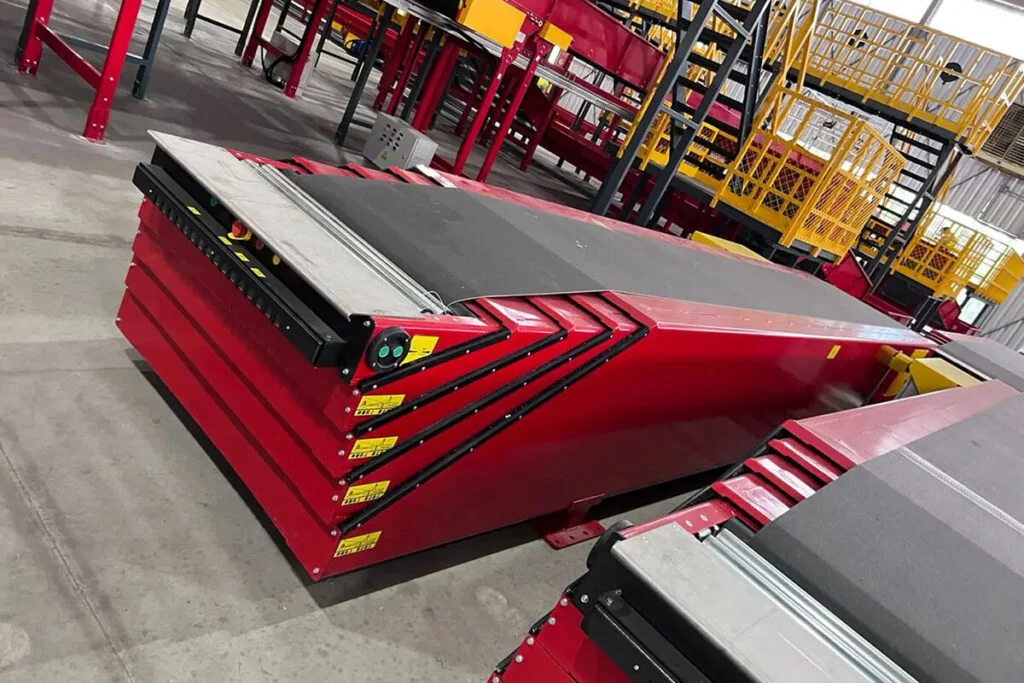In the world of electronics and industrial applications, connectors play a crucial role in ensuring reliable and secure connections between different components. Among the various types of connectors available, circular connectors are one of the most commonly used due to their robust design, versatility, and ease of use. Whether you’re an engineer, technician, or hobbyist, understanding the basics of circular connectors can help you select the right type for your specific application.
What Are Circular Connectors?
Circular connectors are cylindrical, multi-pin connectors used to connect electrical devices. They are designed to withstand harsh environments and are often used in military, aerospace, industrial, and automotive applications. Their circular shape allows for easy alignment and connection, even in tight spaces, making them ideal for various applications that require secure and reliable connections.
Key Components of Circular Connectors
Circular connectors typically consist of the following key components:
- Shell: The outer casing that provides mechanical protection and environmental sealing.
- Contacts: The conductive elements that make the electrical connection between the devices.
- Insulator: A non-conductive material that holds the contacts in place and prevents electrical shorts.
- Coupling Mechanism: A system that ensures the connector stays securely mated. This can be a screw thread, bayonet, or push-pull mechanism.
- Gasket/Seal: A component that provides environmental sealing to protect against moisture, dust, and other contaminants.
Types of Circular Connectors
Circular connectors come in various types, each suited for different applications:
- Military Connectors (MIL-Spec): Designed to meet military specifications for durability and performance in extreme conditions.
- Industrial Connectors: Used in factory automation, robotics, and other industrial environments where reliability and ruggedness are essential.
- Automotive Connectors: Specialized connectors used in vehicles, designed to withstand vibration, temperature extremes, and exposure to chemicals.
- RF Connectors: Used for high-frequency signals in communication systems, these connectors provide minimal signal loss and high shielding.
Benefits of Using Circular Connectors
Circular connectors offer several advantages, including:
- Durability: Designed to withstand harsh environments, including moisture, dust, and extreme temperatures.
- Versatility: Available in various sizes, pin configurations, and materials to suit different applications.
- Ease of Use: The circular design allows for easy mating and alignment, even in confined spaces.
- High Density: Circular connectors can accommodate a large number of pins, allowing for multiple connections in a compact form factor.
Applications of Circular Connectors
Circular connectors are used in a wide range of applications, including:
- Aerospace and Defense: For reliable connections in aircraft, military vehicles, and communication systems.
- Medical Equipment: In devices that require high reliability and environmental sealing.
- Automotive: In vehicles for connections between sensors, control units, and other electronic components.
- Industrial Automation: In machinery, robotics, and factory automation systems.
Choosing the Right Circular Connector
When selecting a circular connector, consider the following factors:
- Application Requirements: Determine the environmental conditions, electrical requirements, and mechanical needs of your application.
- Pin Configuration: Choose a connector with the appropriate number of contacts for your application.
- Material: Consider the material of the shell and contacts, especially if the connector will be exposed to harsh environments.
- Coupling Mechanism: Choose a coupling mechanism that ensures secure mating and prevents accidental disconnection.
For more information on circular connectors, or to explore options from reputable manufacturers, check out circular connectors manufacturers.




